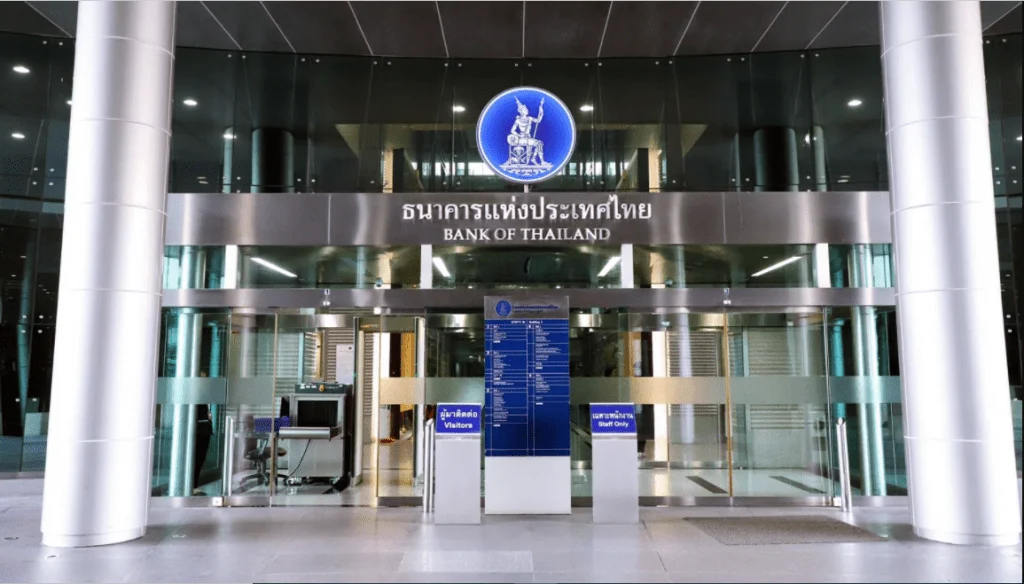Bank of Thailand stated on Tuesday that it does not want commercial banks to trade digital assets directly, citing the risks of extreme price volatility.

Thai lenders have begun investing in local digital asset exchanges, according to senior director Chayawadee Chai-Anant of the Bank of Thailand (BOT). Siam Commercial Bank Pcl (SCB) announced a $537 million acquisition of Bitkub earlier this year, while Bank of Ayudhya Pcl invested $41 million in Zipmex.
“We don’t want banks to be directly involved in digital asset trading because banks are (responsible) for customer deposits and the public and there is risk,” Chayawadee told a news conference.
The Central Bank’s Suppression of digital assets
According to a Bangkok Post story, the new round of central bank suppression of digital assets comes at a time when commercial banks are investing in local cryptocurrency exchanges.
Thailand’s oldest bank, Siam Commercial Bank (SCB), revealed in early November that it was acquiring a 51 % share in Bitkub, the country’s largest crypto exchange. The Zipmex cryptocurrency exchange received $1.3 billion in funding from the Bank of Ayudhya, the country’s fifth-largest lender, in late August.
Despite their growing popularity among individuals, businesses, and institutions in Thailand, the Bank of Thailand (BoT) has taken a harsher stance against digital assets.
“If foreign currencies are extensively utilized, it will harm the central bank’s ability to oversee the economy,” BoT senior director Sakkapop Panyanukul warned firms last week. He referred to tokens that were not backed by assets as “blank coins.”
The usage of cryptocurrencies to pay for goods and services has also raised concerns for the central bank. In a similar analysis published on Dec. 8, Chai-Anant stated that digital assets are “associated with high price volatility and risks of cyber theft, personal data leakage, and money laundering.”
which might be harmful to merchants and consumers.
“If digital assets become widely used as a means of payment for goods and services, such risks could affect payment system stability, financial stability, and consumer protection.”
The Bank of Thailand’s warnings came barely a fortnight after the Kingdom’s tourist ministry stepped up its attempts to entice cryptocurrency millionaires to visit the nation. Thailand’s Tourism Authority has labelled the country “crypto-friendly,” but central bankers evidently do not want it to be too friendly.
Thailand’s economy is primarily reliant on tourism, which has been severely harmed by the outbreak. Despite efforts to entice crypto nomads and the like to a country where the central bank forbids them from using digital currency, many of the countries remain in lockdown, with very few arrivals at the time of writing.
